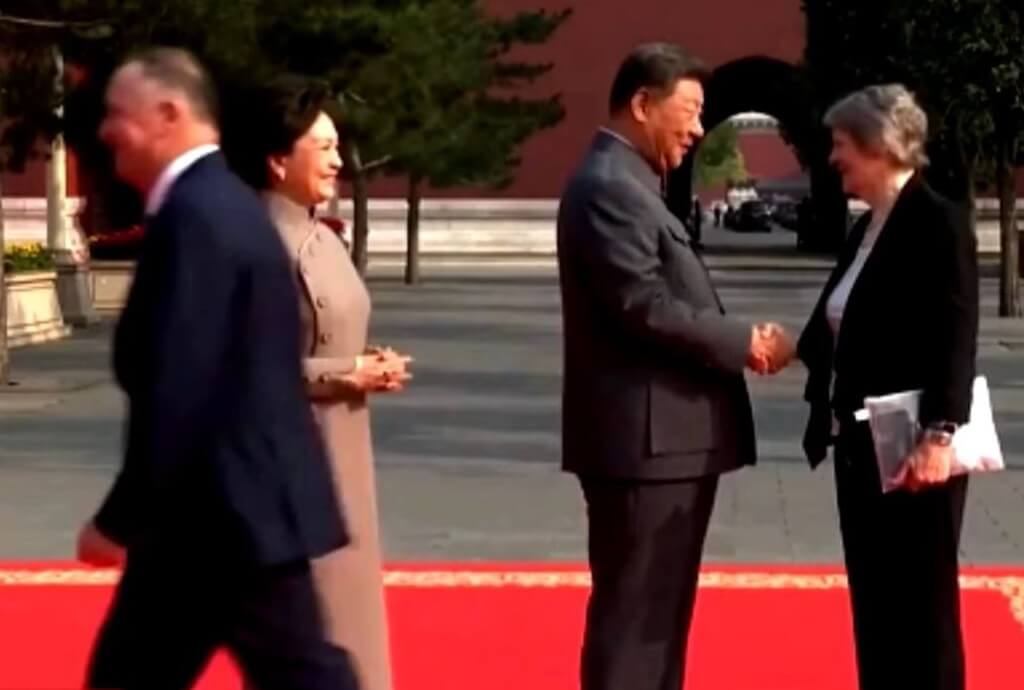In brief:
- Media giants TVNZ, TV3/Stuff, and RNZ face formal complaints this month over claims about Dunedin’s “wettest day in more than a century.”
- Investigative journalist Ian Wishart argues that misleading reporting stems from an unchecked NIWA tweet.
- Wishart aims to test whether media regulators will hold mainstream outlets accountable for accuracy.
- The case questions media responsibility in fact-checking government-sourced information.
A potential legal battle over ‘wettest day’ claims
A potential legal battle is brewing over whether media regulators are letting big news organisations like TVNZ get away with publishing misinformation in their newscasts.
TVNZ, TV3/Stuff and RNZ have been simultaneously served with formal complaints this month over reportage that repeatedly and falsely claimed “Dunedin” suffered its “wettest day in more than a century” in the rainstorm on Friday, 4 October.
That claim, based on a misleading NIWA tweet, led the news that Friday and into the weekend, and was quickly picked up by global news organisations like Associated Press, 9News Australia, Yahoo News and MSN.
The formal complaints have been lodged by investigative journalist Ian Wishart who says they’re the first step in testing whether the Broadcasting Standards Authority and the Media Council are prepared to combat fake news when it’s published by the mainstream media itself.
In this case TVNZ has already responded, formally denying breaching accuracy standards, refusing to uphold the complaints and therefore setting off the next stage – transfer to the Media Council for adjudication.
An ideal test case of media responsibility and accuracy
Wishart says this particular issue is ideal for a test case:
“This is a binary case. The media told us it was the wettest day in ‘Dunedin’ in a century, so that’s either true or false. If it’s untrue, and could have easily been fact-checked or qualified but wasn’t, then it becomes both a systems failure and an inaccuracy.
“There’s a big difference between reporting, ‘It was Dunedin’s wettest day in more than a century’, and the reality: ‘One Dunedin rain gauge reported its highest 9am rainfall in a century, but the city as a whole has had much bigger 24 hour rain dumps in 2015, 1980, 1968, 1929 and 1923.’”
“The issue for the Media Council and BSA is whether what the media actually published is likely to mislead the public. Does it imply that rainfall is getting more intense, when it actually isn’t? Does it let local authorities off the hook by essentially invoking the climate change bogeyman, when this was really a 1-in-16 year rain event that the city infrastructure should have easily handled?”
Also at issue will be the level of media responsibility to fact-check information fed to them by government agencies like NIWA.
TVNZ says they don’t need to factcheck NIWA
“TVNZ’s attempted defence on the accuracy charge is that it can take whatever NIWA tweets at face value and is not required to independently verify. But TVNZ’s news bread and butter used to be challenging government agencies over their claims, whether it was NZDF in Afghanistan, Police over controversial crime investigations or social agencies over dealings with children and families. Giving any government agency carte blanche to make claims without verification is an abdication of journalism’s core directive, “speak truth to power”.”
Wishart says Media Council rulings can’t be appealed, but they can be judicially reviewed. Complaints to the BSA can be appealed to higher courts.
“I argue that the media have a duty to test all claims, and at least make a genuine effort to get facts right and correct them if they’re wrong. Is that too much to ask?
“Giving a climate agency like NIWA a free pass, when you have repeatedly been placed on notice that there is cogent and compelling evidence that NIWA’s record-keeping is bad and its public statements often wrong, is a defence that won’t fly. The media report virtually every night on negligence in the public service. But they refuse to question NIWA, and they refuse to see that they are being negligent themselves.
“And they wonder why New Zealanders are losing trust in the media at, arguably, the fastest rate in the world.” Read formal the complaint against TVNZ 1News here



















